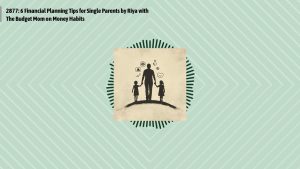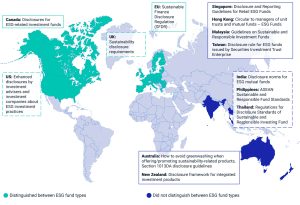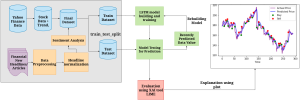Tips For Paying Off Your Student Loans Quickly
3 min read
Eliminating student loans can help you reach other financial goals, like saving for retirement or buying a house – but doing so may require making sacrifices along the way.
Start saving money now by switching from purchasing expensive oat milk lattes and starting to make them at home, or working some extra hours to pick up side gigs such as grocery delivery or walking dogs.
1. Make the Minimum Payment
An equal to minimum payments may help accelerate repayment, but they won’t necessarily get rid of student loans faster. Instead, your loan servicer uses these payments first to cover fees and interest before applying them directly against principal balance reduction – this process is known as negative amortization.
Paying more than the minimum will go directly towards principal repayment and reduce overall debt levels faster, helping you reach other financial goals more quickly, such as saving for an emergency fund or mortgage or car purchase. Plus, improving your debt-to-income ratio improves lender approval of credit requests.
Consider making payments biweekly instead of monthly to accelerate repayment and save on interest charges. By making half payments every two weeks, 26 full payments could be completed each year faster – helping you to clear off loans faster while potentially saving on fees.
2. Pay More Than the Minimum Payment
Paying more than the minimum payment every month can help speed up the elimination of student loans more quickly. Even making additional small payments each month can have a major effect.
Be sure to notify your loan servicer in advance that any extra payments made towards principal will go directly toward reducing interest costs; paying more than the minimum payments may negatively impact other financial goals such as retirement and emergency savings plans.
To make extra payments, it may require cutting spending in other areas like dining out and shopping – or even vacations – but these sacrifices are usually worth making in order to pay off student loans faster and improve your debt-to-income ratio; doing so could allow for lower rates when borrowing money in future mortgage or credit card applications.
3. Make Additional Payments Whenever You Have “Found Money”
If you’re having difficulty paying your loan payments, ask your lender for an interest rate reduction or look for “found money” from sources such as old bank accounts, unclaimed insurance policies or inheritances.
When receiving a raise or tax refund, make the most of any extra income by applying it toward paying off student loan debt faster and learning how to save responsibly for future.
Finding additional funds to pay off student loans may require moving into a cheaper apartment, eating out less often, cutting cable packages or buying secondhand clothing; even signing up for side hustles to increase income may help find extra funds – the key is sticking to your budget – this way your debt should start disappearing much more quickly than you expected – payments go first toward fees before being applied directly against principal! Remember that those extra payments make an immediate impactful statement of commitment!
4. Pay Your Highest Interest Loans First
Once you’ve been making minimum payments regularly, it can be helpful to divide up your loans based on interest rate categories. This allows you to prioritize which debt to pay off first using methods such as “debt avalanche.” Also consider prioritizing paying off private student loans over federal ones as federal ones usually offer income-driven repayment and loan forgiveness which may not be possible with private student loans.
Shorten the terms of your loan to quickly reduce interest costs while cutting your student debt faster. Also remember to put any windfalls such as work bonuses or tax refunds toward paying off student debt faster – having additional money each month can make a real difference in how quickly loans are repaid!







